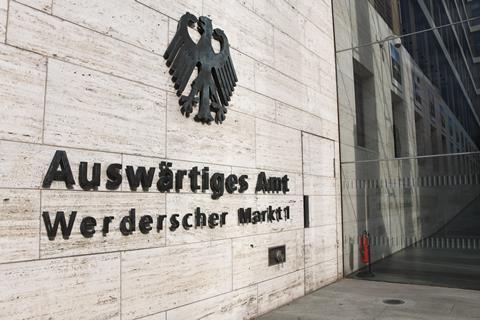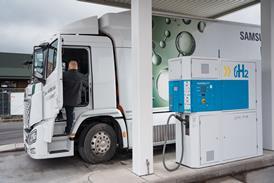The Federal Cabinet of Germany has given the green light to the draft of the business plan for the “Special Assets Climate and Transformation Fund” (KTF) for the years 2024 and financial projections until 2027. As the details emerge, the funding plans for e-mobility initiatives become more apparent, along with an increase in the CO2 price.

A significant total of €211.8 billion will be earmarked between 2024 and 2027 to support the energy transition, climate protection efforts, and transformative initiatives, as outlined in a statement from the German federal government. The allocation for 2024 alone is projected to be €57.6 billion, with €4.7 billion designated for the advancement of electromobility, which includes the expansion of charging infrastructure. The commitment to promote e-mobility is set to amount to approximately €13.8 billion by 2027.
The “KTF” (Climate and Transformation Fund) is designed as a financial mechanism to play a pivotal role in realising Germany’s energy and climate policy objectives. This fund is strategically aligned with supporting building refurbishment for energy efficiency, industrial decarbonisation, the growth of renewable energies, electromobility, and the expansion of charging networks. Additionally, the KTF will contribute to the development of the hydrogen economy and, in the future, sponsor semiconductor production. The government acknowledges semiconductor production has significant implications for climate-neutral technologies and the transition of the German economy towards climate neutrality.
For the year 2024, alongside the earmarked €4.7 billion for electromobility and charging infrastructure, approximately €4 billion each is allocated for semiconductor production and railway infrastructure, with an additional €3.8 billion designated for the hydrogen economy. These sectors, although encompassing various domains, inherently influence mobility, even if precise quantification based on currently available data is challenging.
The Climate and Transformation Fund falls under the jurisdiction of the Federal Ministry of Finance and is managed primarily by the Federal Ministry of Economics and Climate Protection.
Federal Finance Minister Christian Lindner (FDP) underscores the significance of the KTF economic plan as a driver of innovation within Germany’s business landscape. He states, “With the KTF economic plan, we are promoting innovations in Germany as a business location. We are laying the foundations so that future opportunities can arise from decarbonisation and digitisation. We are shaping the transformation to be technology-neutral.”
The KTF operates sustainably through self-generated income, which is estimated at approximately €19.1 billion. This revenue originates from the proceeds of European emissions trading and the CO2 pricing established within the framework of national emissions trading.
Part of the allocated budget within the climate and transformation fund contributes to an increase in the national carbon price. Reports indicate that this price is set to rise to €40 per tonne by January 2024, which would translate into an initial increase of about €0.04 per litre for petrol and diesel at filling stations. The CO2 price is projected to further elevate to €50 in 2025, €65 in 2026, and eventually €85 per tonne by 2027.


















